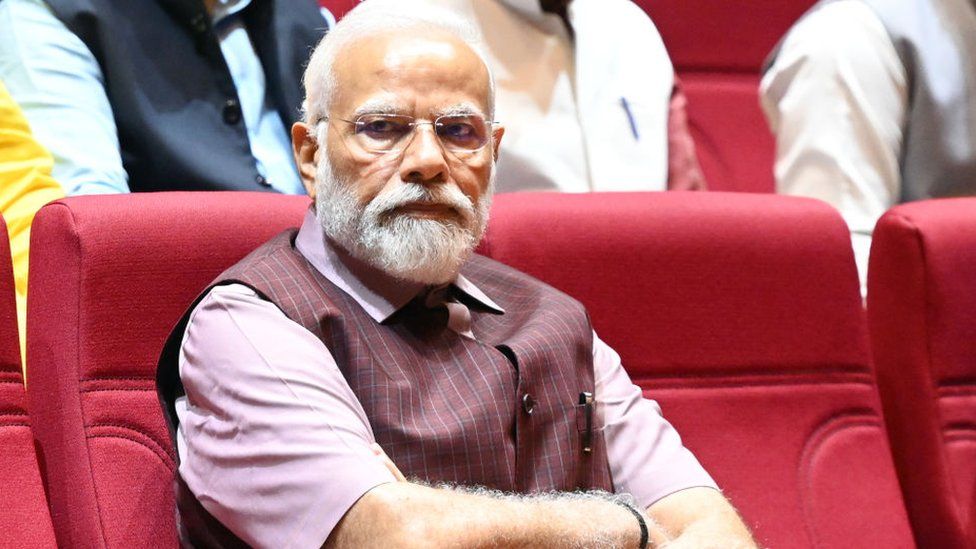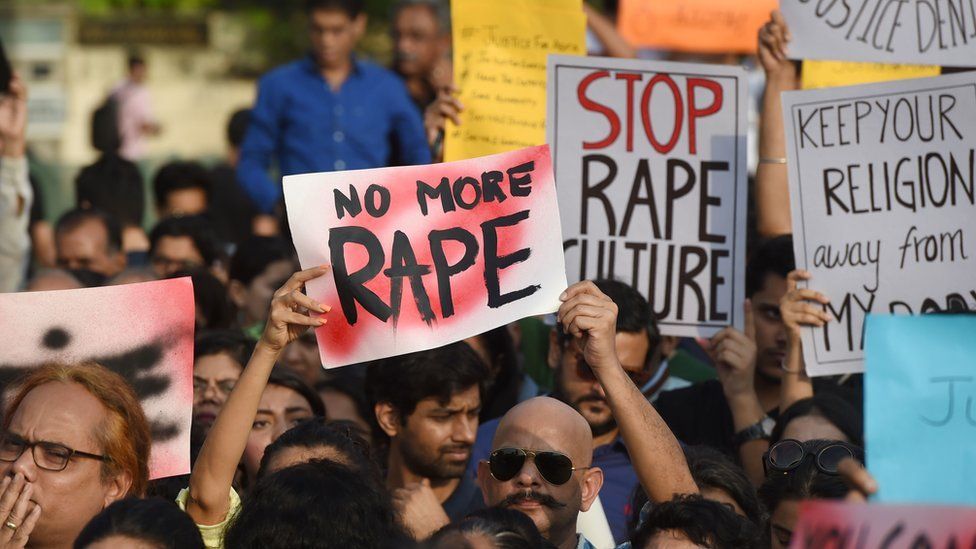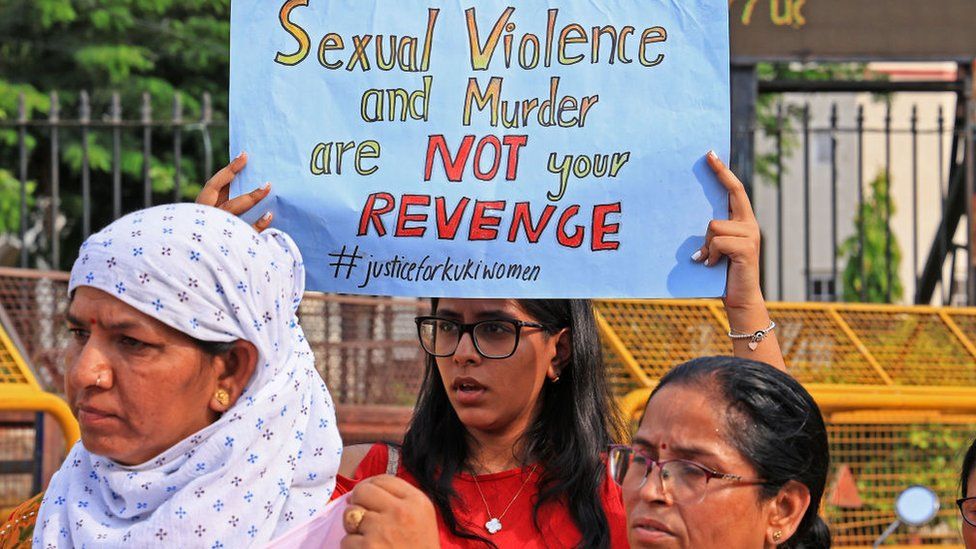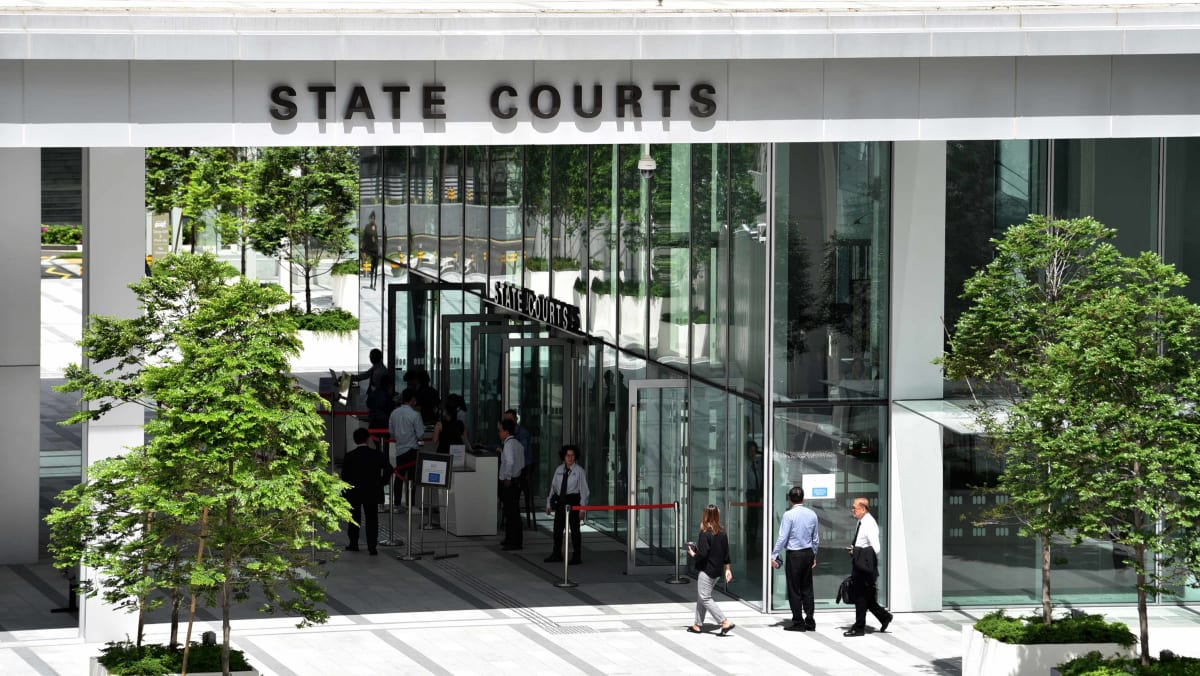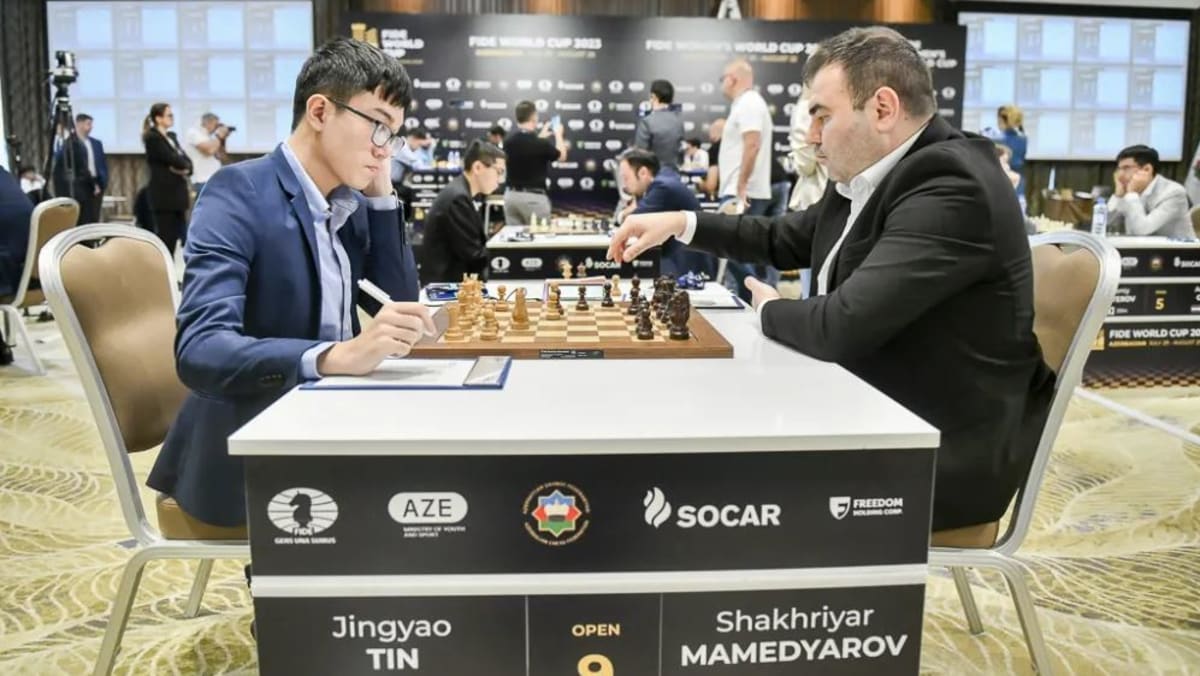Scouts begin South Korea jamboree evacuation over extreme weather challenges

At the site, German volunteer Axel Scholl, 62, told AFP he was “at his limits” working to safely evacuate all the scouts in the heat.
“The worst thing about all of this is … It was for the kids. I’m 62 years old but this was all for the kids. Now they all go home disappointed. It should have been such a nice experience,” he told AFP, wiping away tears.
He said Poland – which will host the next jamboree in 2027 – will have learned a lot about what can go wrong from this year’s experience.
“I feel very very sorry for the Korean nation and Korean people because I think they would have loved to present their country, their culture, their community in a more positive way,” he added.
The Singapore contingent, which relocated to Daejeon city over the weekend, said that activities will go on as planned.
The leader of the Singapore contingent told CNA on Monday that they are set to move to Seoul on Wednesday and fly back to Singapore on Saturday as planned.
“A REALLY GREAT TIME”
Korean media have called the jamboree “a national disgrace” saying that authorities had six years to prepare but even so the site had poor drainage, rudimentary showers and toilets, and participants were afflicted by gruesome bug bites.
Following a deluge of online complaints from parents, government organisers admitted there had been “shortcomings” in the area of hygiene and the scout chief acknowledged in a post on LinkedIn that the event had a “bumpy start with … services and facilities”.
But scouts at the campsite told AFP they were sad to leave.
“It was really hot, but we had a great time. It took some while to get used to the circumstances but the youth, they had a really great time,” Nicola Raunig, 27, Austria scout unit leader, told AFP.
“I’m sad it will end now,” she said, adding that she had hoped participants could have enjoyed “the whole experience”.
“But we will make the best out of it,” Raunig said.



